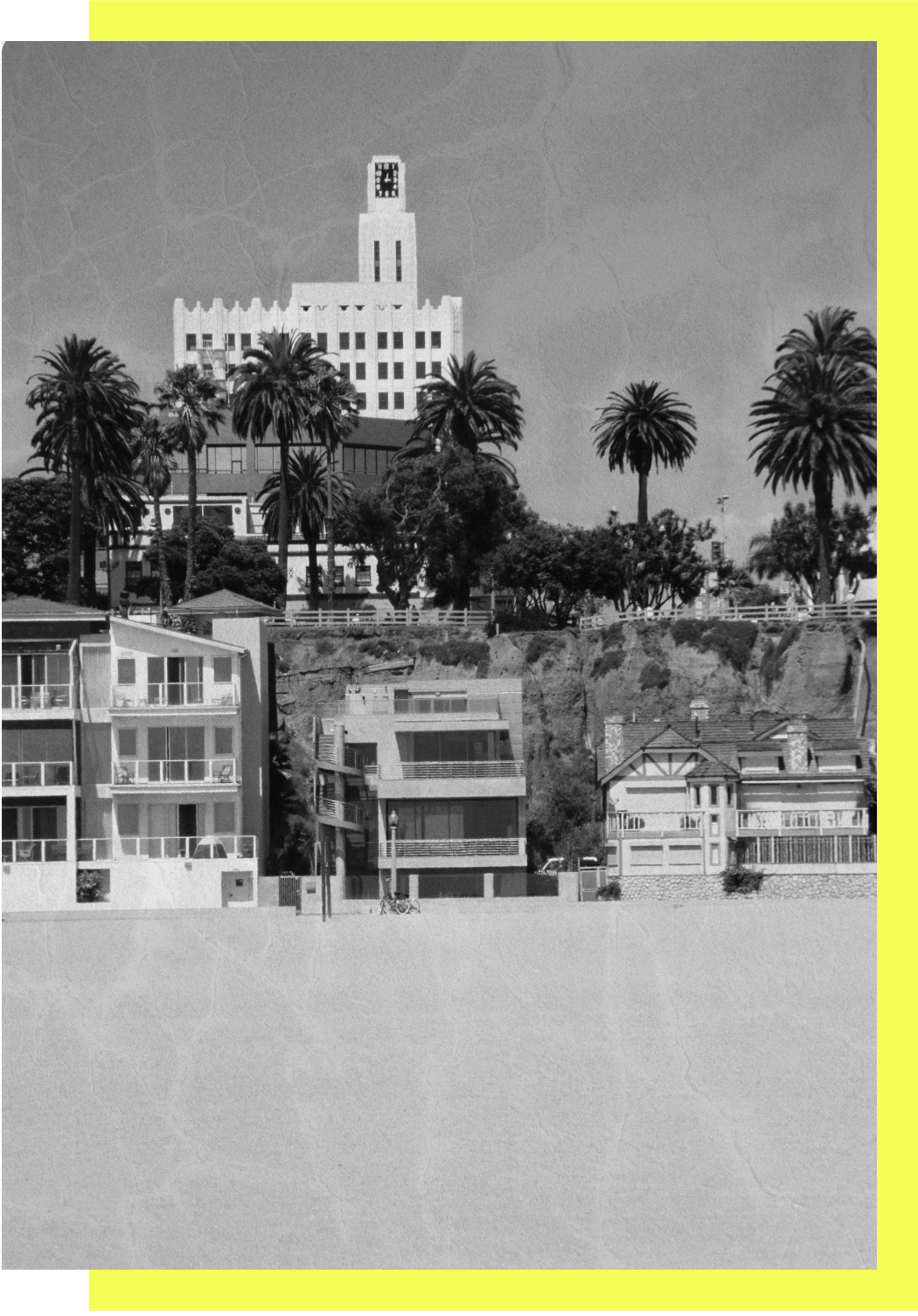Invest Boldly.
About Clocktower Group
Clocktower is an alternative asset management and advisory firm based in Santa Monica, with a presence in London & Shanghai. Our top-down macro framework and relationship-based investing approach inform our strategies and drive the way we do business.
In public markets, we seed macro-oriented managers and manage an Asian equity platform. In private markets, we invest in fintech and climate disrupters. We also provide global macro research and advisory services.
What We Do
Clocktower Macro
Exposure to emerging, macro-oriented hedge fund managers with upsize optionality and advisory services
Clocktower Asia
Exposure to publicly listed Asian equities via a multi manager platform and advisory services.
Clocktower Ventures
Venture capital arm investing in seed through growth stage fintech disrupters and, more recently, seed and early stage climate startups.
Clocktower Strategy
Team dedicated to providing bespoke content, covering macroeconomics, public and private markets.
Our network of smart, insightful people, brings a distinct perspective to everything we touch.
We go out of our way to play matchmaker and steer people towards each other.
Staging gatherings that connect different people with different points of view. Inspiring new ideas we might not even play a part in. Because generosity generates its own kind of equity.






